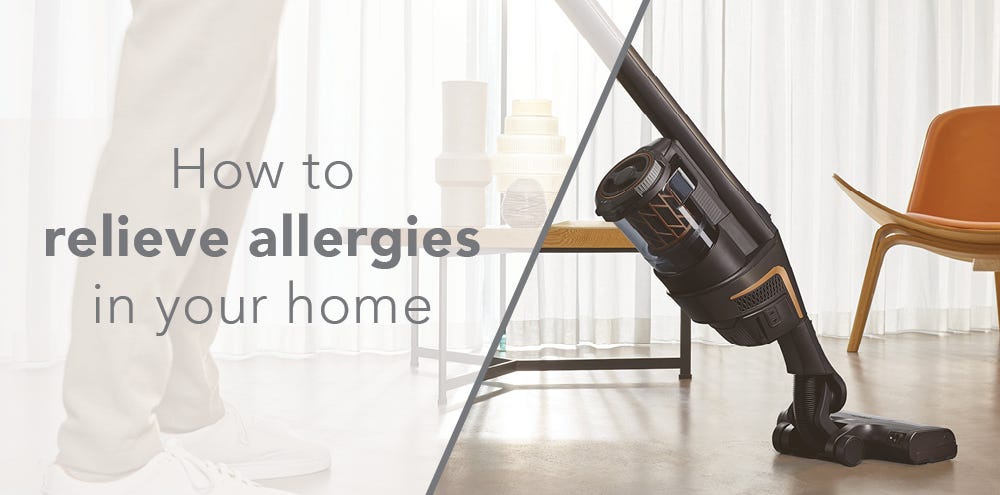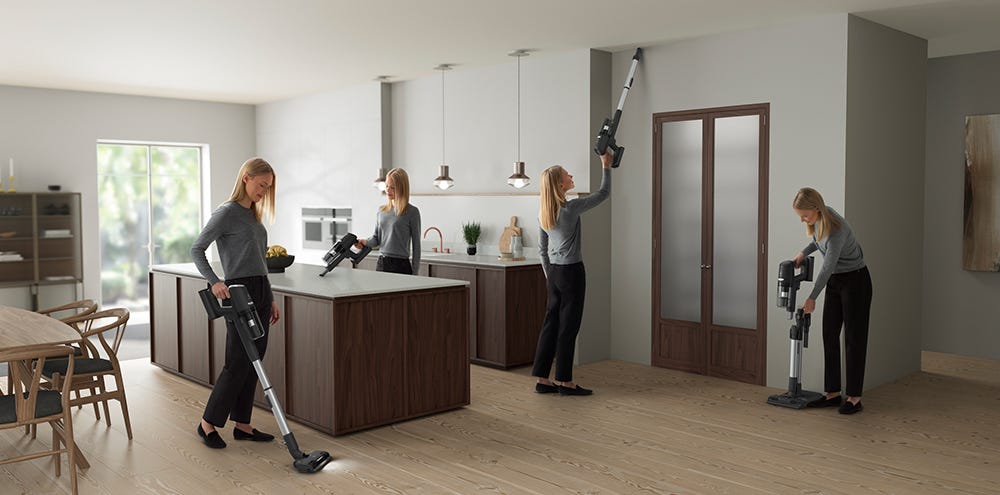Cleaning hacks are particularly popular, forming their own mythos across social media platforms. While some of these tips can save you time or make your cleaning routine more environmentally friendly, others aren’t all they’re cracked up to be.
To help you avoid wasted time and frustration, we’ve gathered five cleaning myths and hacks that are ineffective, unsafe or just plain wrong.
Vacuuming too often will damage your carpet
According to a long persisting myth, vacuuming your carpet multiple times a week will degrade its fibres and cut its lifespan short. The truth is that modern synthetic carpets are designed to withstand regular vacuuming and will in fact benefit from multiple cleans a week.
Leaving dirt to build-up in your carpet’s fibres will actually cause more damage than your vacuum ever could. Abrasive, embedded dirt will wear down your carpet and attract a host of bacteria and allergens if left unattended.
To extend the life of your carpet, always follow the care instructions provided by the manufacturer. Choose a vacuum that’s suited to the material it’s made from – wool carpet, in particular, needs a gentler touch – and always select the most appropriate vacuum settings for the surface you’re cleaning.
You can clean anything with vinegar/baking soda/bleach
If some corners of the internet are to be believed, a bottle of vinegar is all you need to keep your entire house clean. Others say the same thing about bleach, baking soda, and a number of other household cleaning alternatives. But, while each of these products does have fantastic cleaning properties, none are guaranteed to work on every mess.
Vinegar, for example, will do more harm than good when used on natural stone like granite or marble, wooden furniture, grout and some metal surfaces. Bleach is a highly effective disinfectant, but won’t do anything to remove dirt or grime.
Finding natural alternatives to cleaning chemicals is great, but doing a bit of research on what your cleaners can and can’t do will save you a lot of time and avoidable damage.
Clean your toilet bowl with a bottle of cola
Using cola to clean your toilet bowl is the kind of cleaning hack that’s technically true, but isn’t really worth it in the long run. The citric and phosphoric acids in carbonated cola drinks will slowly remove rust and stains. But they won’t do anything to kill bacteria and will leave a sticky, sugary film on the surface that will simultaneously feed bacteria and attract more dirt and grime in the future.
While these unconventional cleaning hacks seem ingenious at first glance, in this instance you’re better off with a cleaner designed specifically for your toilet, like the eco-friendly Enzyme Wizard Bathroom & Toilet Cleaner. It’ll be faster, more effective and better for your plumbing than dumping a litre of cola down the drain.
DIY cleaning cocktails
Lots of online hacks will tell you to mix together household substances to create lifechanging super cleaners. The problem is that seemingly harmless household cleaners can have dangerous effects when combined.
The commonly cited combo of vinegar and baking soda will create what is essentially water – totally safe, albeit significantly less effective than the two ingredients are separately. Mixing vinegar with bleach, however, creates toxic chlorine gas that can cause serious health problems. Combining other common household solutions like hydrogen peroxide, rubbing alcohol or ammonia can also resulting in highly toxic fumes, corrosive acids and other harmful substances.
Sanitise your kitchen utensils with a lemon
A hygienic kitchen is the number one thing standing between you and a possible bout of food poisoning, so keeping your tools sanitary is important. A popular hack involves sanitising your chopping board with half a lemon and a pinch of salt.
While both ingredients have antimicrobial properties, they’re not strong enough to actually leave your tools germ-free. This can leave behind nasty bacteria such as salmonella and E. coli, which could make you sick. The most effective sanitising routine involves an initial wash with hot water and dish soap, followed by a soak in diluted bleach.
The lemon and salt trick is a great natural way to rid your board of unpleasant lingering odours, however, so it’s not completely without merit.
For trusted results, shop cleaning solutions from the great brands we trust here.





